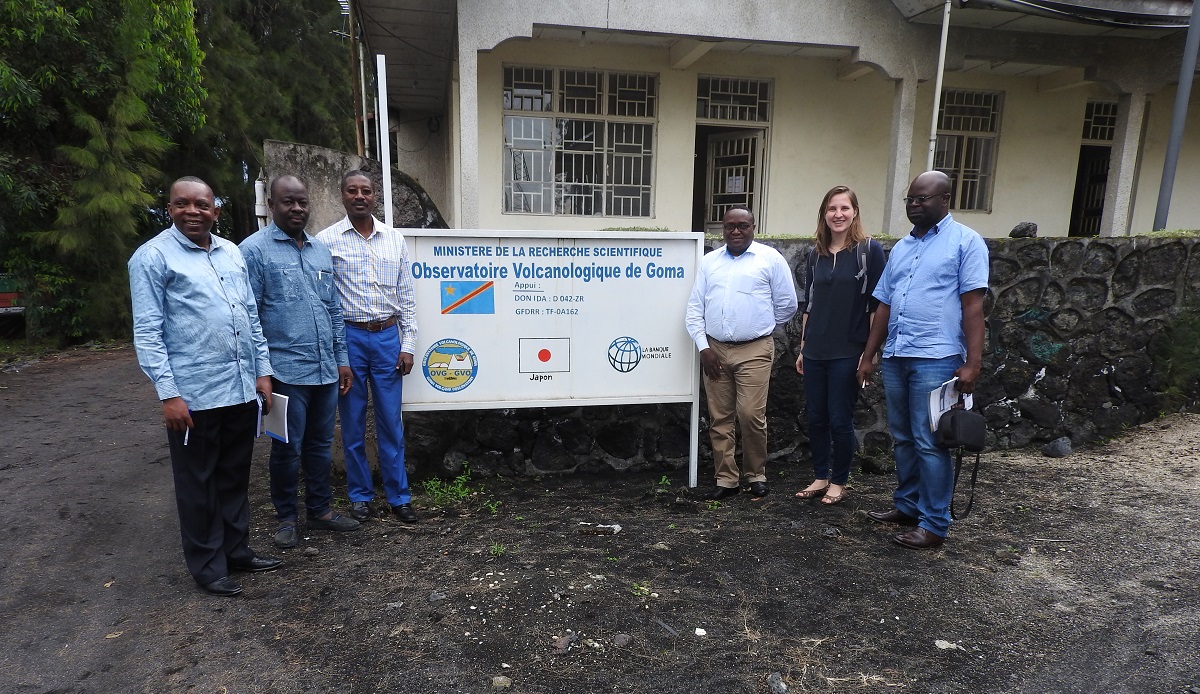Start Network has announced five founding hubs to be based in countries and regions affected by crises, localising resources and decision-making to improve the quality of humanitarian aid.
The hubs, in Democratic Republic of Congo, Guatemala, India, the Pacific region, and Pakistan, will be led by organisations based in the countries and regions, with each hub being made up of a diverse representation of local, national and international organisations.
Start Network will support the hubs through an 18-month ‘proof-of-concept’ phase, which will test the best ways to support the hubs, and to allow the hubs to test different ways to operate, while also enabling the Start Network and hubs to bring others on board as they go.
As part of the proof-of-concept, the five hubs will set their own strategic direction and run programmes that are in line with Start Network’s mission (focussing on localisation, collective innovation, and early and fast financing). The hubs will operate independently, while also being connected with other hubs to share learning and feedback.
The five hubs were selected out of 14 that expressed their interest. Start Network’s Membership Committee reviewed the applications against a set of diversity criteria, before recommending this final selection of five hubs to the Start Network Board of Trustees. Hubs that were not selected will have access to regular learning exchanges to enable the development of their hub in parallel to the five selected.
The development of the hubs is part of Start Network’s efforts to overcome the structural barriers within the current centralised humanitarian system. As part of this effort, Start Network intends to develop itself over time into a distributed global network of hubs. By shifting to a localised structure, with resources and decision making located closest to where disasters happen, the quality of aid that is available to people affected by crises will improve.
Over time membership of Start Network will be managed through hubs. During the next 18 months, as part of the proof-of-concept, hubs will manage their own membership intake, building on the existing Start Network membership principles, for example, with one of the requirements being that each hub has a minimum of 50% of local organisations at any given time. Existing Start Network members with offices in hub locations will have an option to opt into each hub by the end of the proof of concept in August 2021.
Annemarie Poorterman, Start Network’s Senior Network Development Advisor said:
“We’re working on this on behalf of our members, who designed the hub structure to reform the humanitarian system. The potential of a new aid system is exciting and will create fundamental improvements for the way humanitarian aid is organised. However, it will also be hard as this approach challenges existing structures and incentives. We hope you are with us on this journey!”
Image above: a meeting of Start Network members and team in Goma in 2018, one of the first meetings to discuss a hub in DR Congo.

